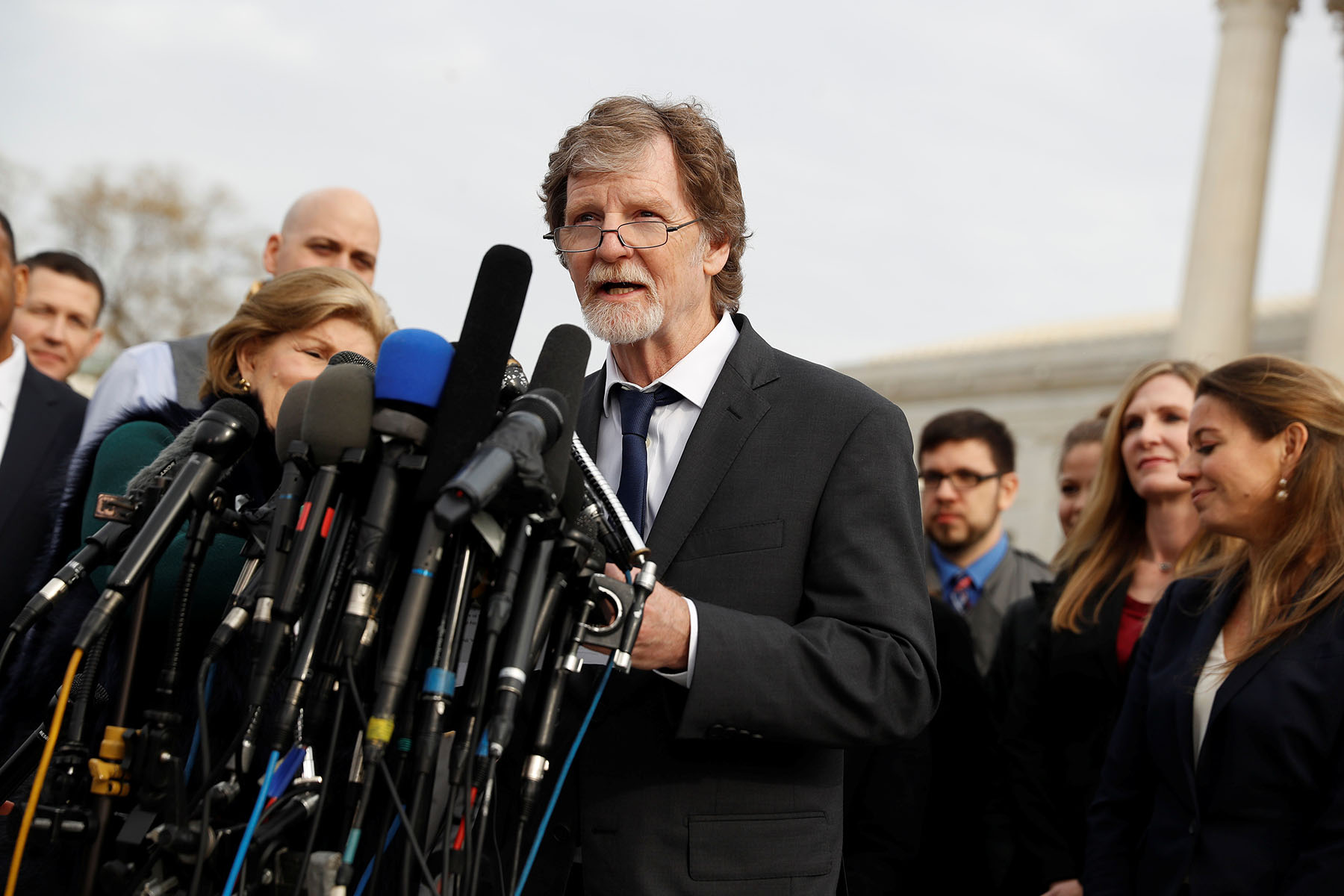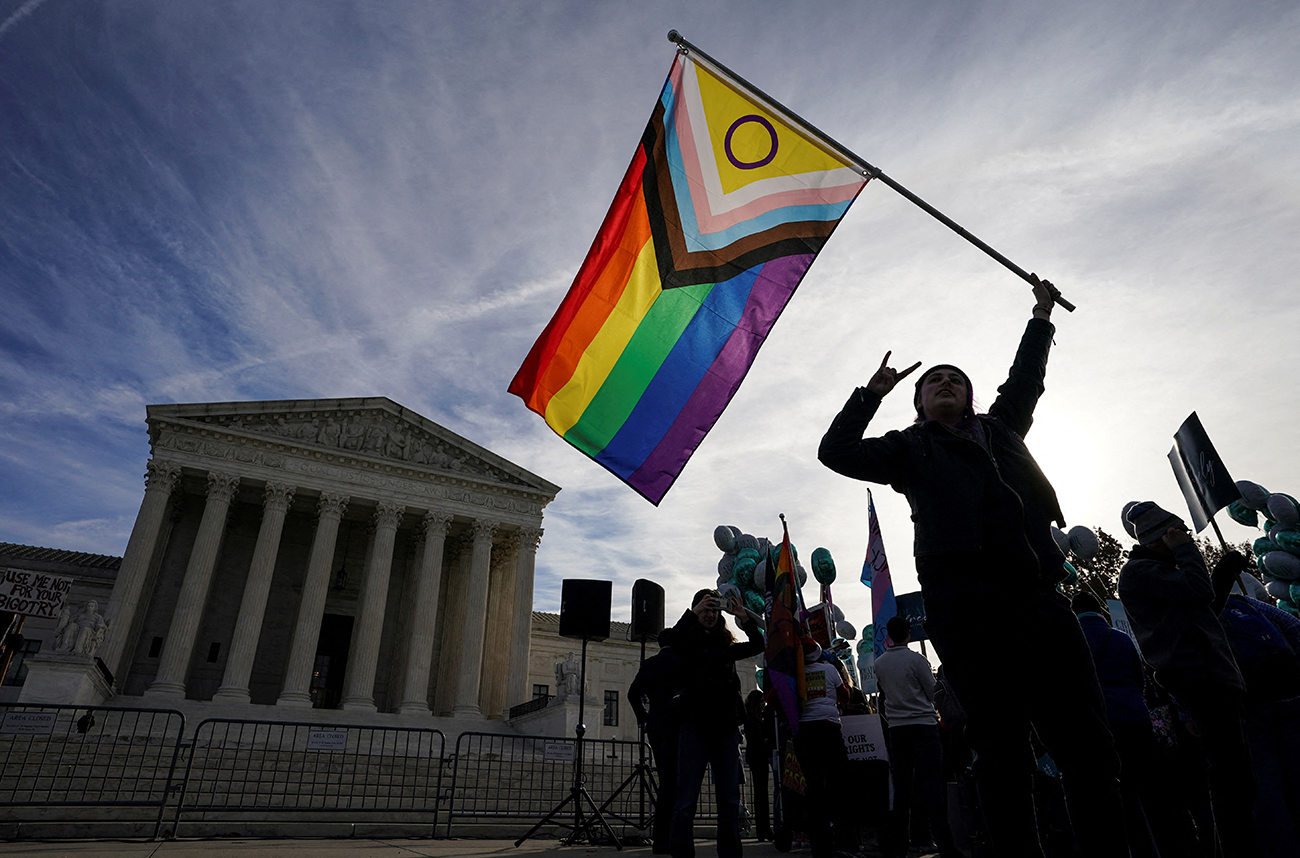The United States Court of Appeals for the Eighth Circuits reinstated a Minnesota lawsuit brought by two filmmakers who claim that the state’s anti-discrimination laws infringes on their First Amendment rights to free speech and freedom of religion.
In 2016, Carl and Angel Larsen created a Christian filmmaking business, Telescope Media Group, and wanted to restrict their videos to opposite-sex marriages. When the couple realized they could face harsh penalties for denying service to same-sex couples under the state’s anti-discrimination law, they filed a lawsuit against the Minnesota Department of Human Rights.
Aided by Alliance Defending Freedom, the conservative Christian group who defended the baker in the Supreme Court case, Masterpiece Cakeshop v Colorado Civil Rights Commission, the Larsen’s complaint argued that being forced to produce videos for same-sex couples, a form of artistic expression, constituted compelled speech under the First Amendment.
In 2017, the U.S. District Court for the District of Minnesota dismissed the lawsuit, with the judge in the case saying that the couple’s plan to post a notice on their website that they wouldn’t work for same-sex couple was “conduct akin to a ‘White Applicants Only’ sign.”
In a 2-1 decision, the appeals court reversed the lower court’s decision. Judge David Stras, who wrote the court’s opinion, argued that the state’s anti-discrimination law could interfere with the Larsen’s right to free speech.
“Because the First Amendment allows the Larsens to choose when to speak and what to say, we reverse the dismissal of two of their claims and remand with instructions to consider whether they are entitled to a preliminary injunction,” Stras wrote.
In her dissent, Judge Jane Kelly, warned that the court’s decision would open the door for businesses to openly discriminate against customers based on their sexual orientation.
“Although religious and philosophical objections to same-sex marriage are protected by the First Amendment, such objections do not allow business owners to deny protected persons equal access to goods and services under a neutral and generally applicable public accommodations law,” Kelly wrote.
Judge Kelley also disagreed that the anti-discrimination law constituted content-based regulation of speech, “The Larsens remain free to communicate any message they desire–about same-sex marriage or any other topic–or no message at all. What they cannot do is operate a public accommodation that serves customers of one sexual orientation but not others.”
The appeals court sent the case back to the district court to decide whether to grant the Larsens a preliminary injunction.
StarTribune MPR News Appeals Court Decision
Tags



